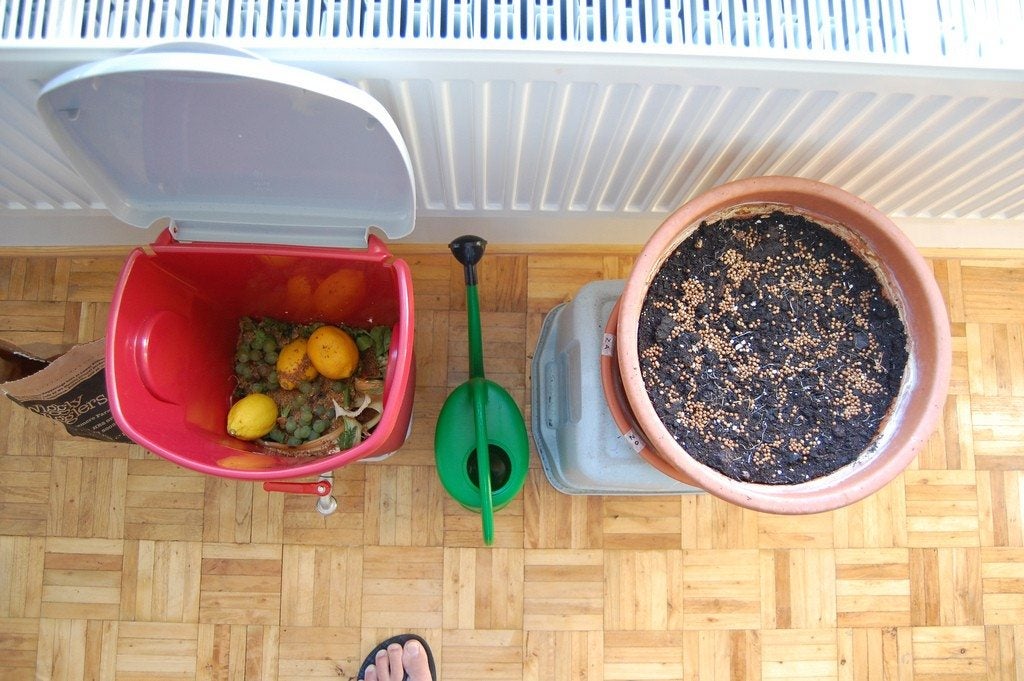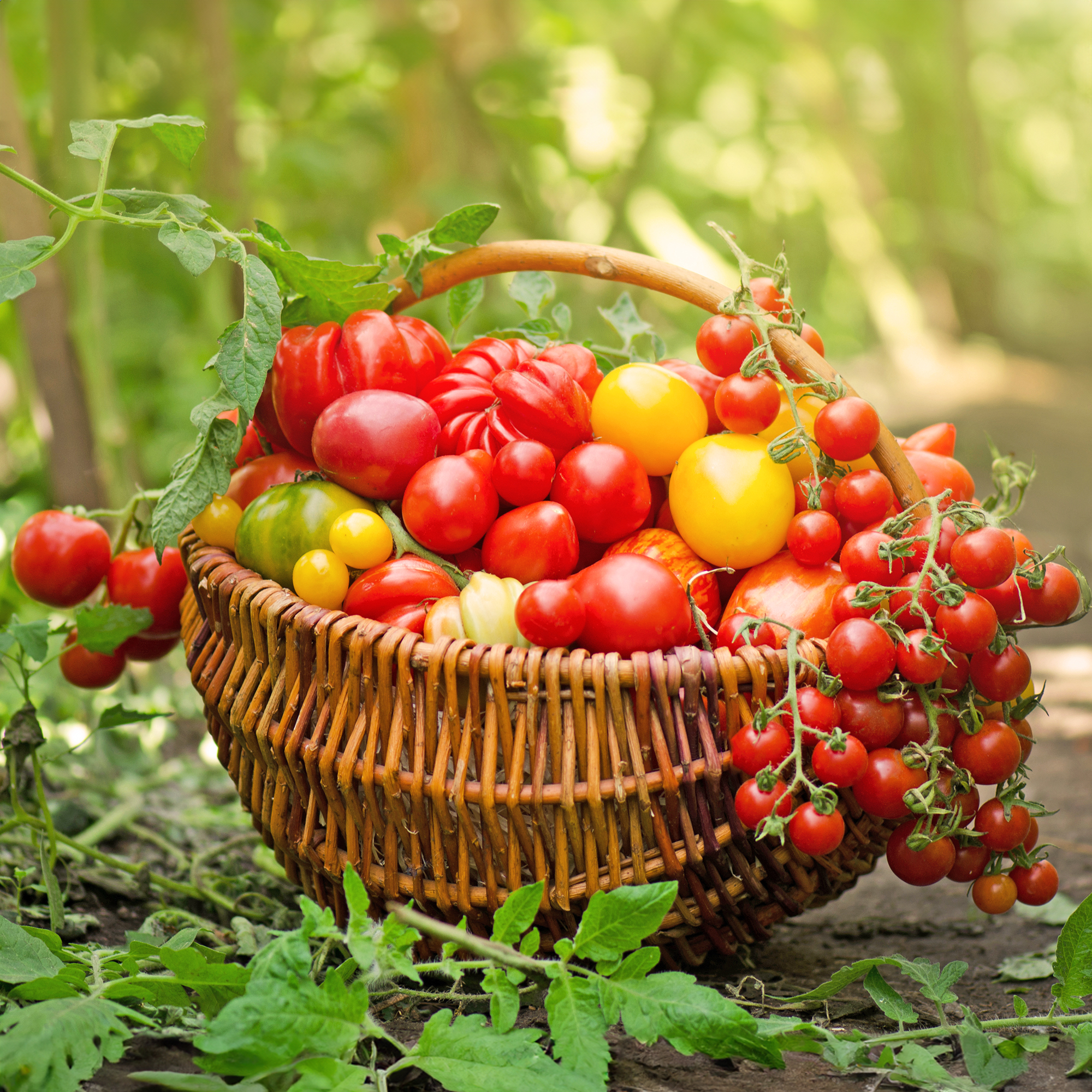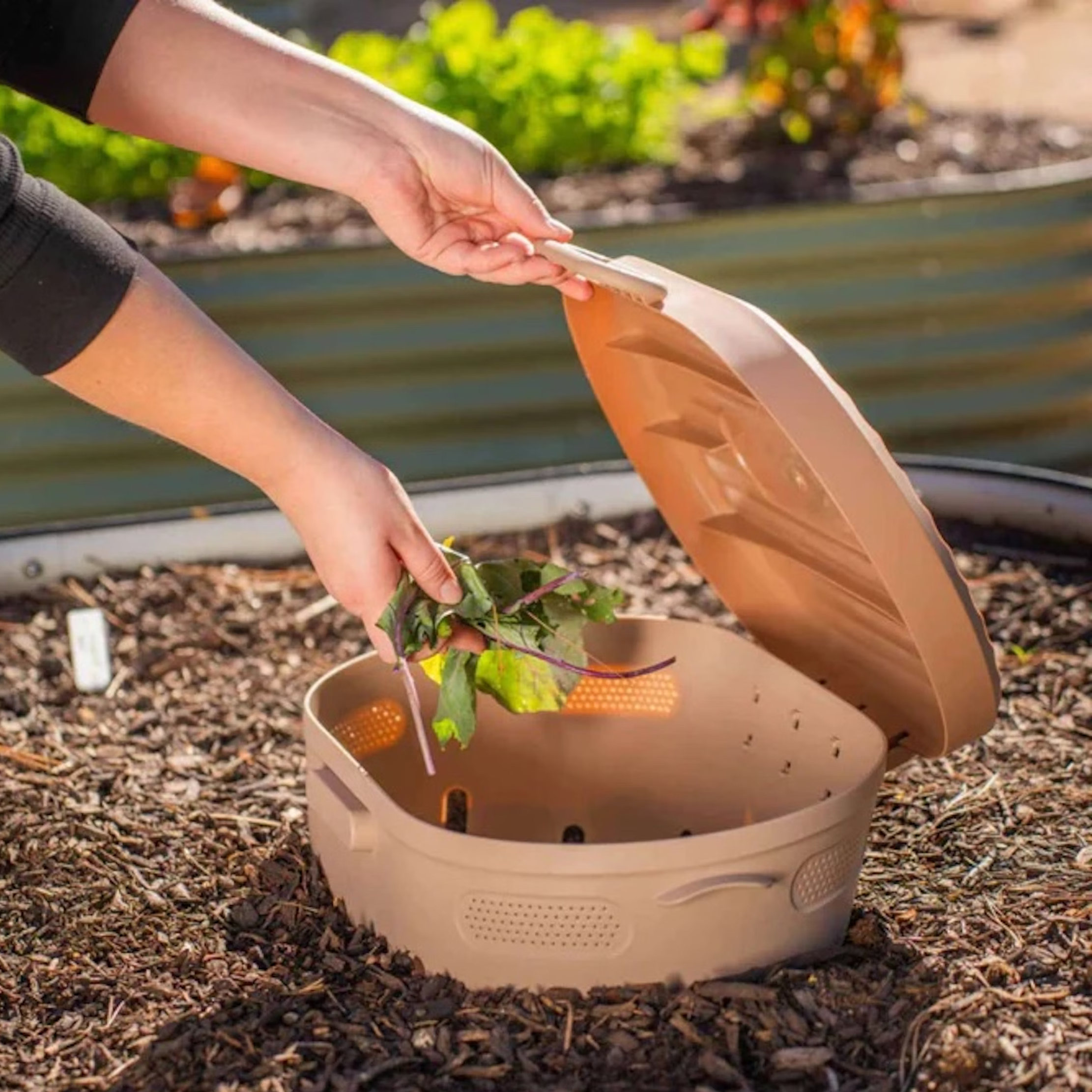Making Compost Indoors - How To Compost In The Home

In this day and age, most of us are aware of the benefits of composting. Composting provides an environmentally sound method of recycling food and yard waste while avoiding filling up our landfills. When you think about composting, an outdoor bin is what likely comes to mind, but can you compost indoors? You betcha! Anyone, just about anywhere, can compost.
How to Compost in the Home
Exciting, isn't it? Now the question is, “how to compost in the home?” It's really very simple.
First you must choose a composting vessel or bioreactor suitable for making compost indoors. These containers are much smaller than the outdoor bins, so they need to be appropriately designed to provide the perfect conditions for aerobic heat production, which is responsible for breaking down the food waste. The bioreactor must have adequate moisture, heat retention, and air flow for decomposition of your organic leftovers when composting indoors.
There are a couple of basic bioreactors suitable for use when making compost indoors. A 20-gallon garbage can bioreactor will create finished compost within two to three months and can be used when composting indoors, as can a worm bin.
Using a worm bin for indoor composting is ideal for say, an apartment dweller. Decomposition is done by redworms and microorganisms. Temperatures when vermicomposting do not get as high as with other bioreactors. The resulting worm castings can be used to fertilize your apartment houseplants. These little guys really go to town and it is simply amazing how quickly they turn your unwanted leftovers into premium compost.
Kids love to learn about this too; in fact, vermicomposting can be found in many schools. Supplies for vermicomposting can be found online or in many garden centers.
Other Information about Making Compost Indoors
Now that you have a bioreactor or worm bin, you may be wondering what to put in it. All food scraps with the exception of bones, meats and oily fats may go in the compost. No meaty items go in the compost due to the resulting less than pleasant aroma and increase in the possibility of attracting rodents. Toss in your coffee grounds and tea bags, but no dairy for the same reason as meat. Additionally, fading cut flowers or other detritus from houseplants can go in the compost or worm bin.
Gardening tips, videos, info and more delivered right to your inbox!
Sign up for the Gardening Know How newsletter today and receive a free copy of our e-book "How to Grow Delicious Tomatoes".
Keep the sizes of things you are tossing in the compost somewhat even to facilitate the decomposing process. In other words, don't toss in an entire acorn squash with mostly cucumber peels and coffee grounds and then wonder why it isn't breaking down.
Turn the compost pile on occasion to keep it aerated, which will increase the rate at which it is breaking down. Turning the indoor compost will also reduce the chance of a putrid stench noticed by the neighbors in 2B, by promoting rapid decomposition.
Okay, go to it, knowing that you are doing your part to save the planet one orange rind at a time.

Amy Grant has been gardening for 30 years and writing for 15. A professional chef and caterer, Amy's area of expertise is culinary gardening.
-
 Types Of Tomatoes Explained: Explore The Many Wonderful Shapes, Colors, Flavors, & Best Uses
Types Of Tomatoes Explained: Explore The Many Wonderful Shapes, Colors, Flavors, & Best UsesThe world of tomato varieties is vast and fascinating. Learn about the key types to grow in your garden, tailored to your preferences and space.
By Amy Grant
-
 Try The Trend – Turn Any Bed Into A Keyhole Garden With This Clever In-Ground Composter
Try The Trend – Turn Any Bed Into A Keyhole Garden With This Clever In-Ground ComposterKeyhole gardening is an efficient and sustainable practice that saves space. Get started on this DIY project quickly and easily with an in-ground composter.
By Bonnie L. Grant